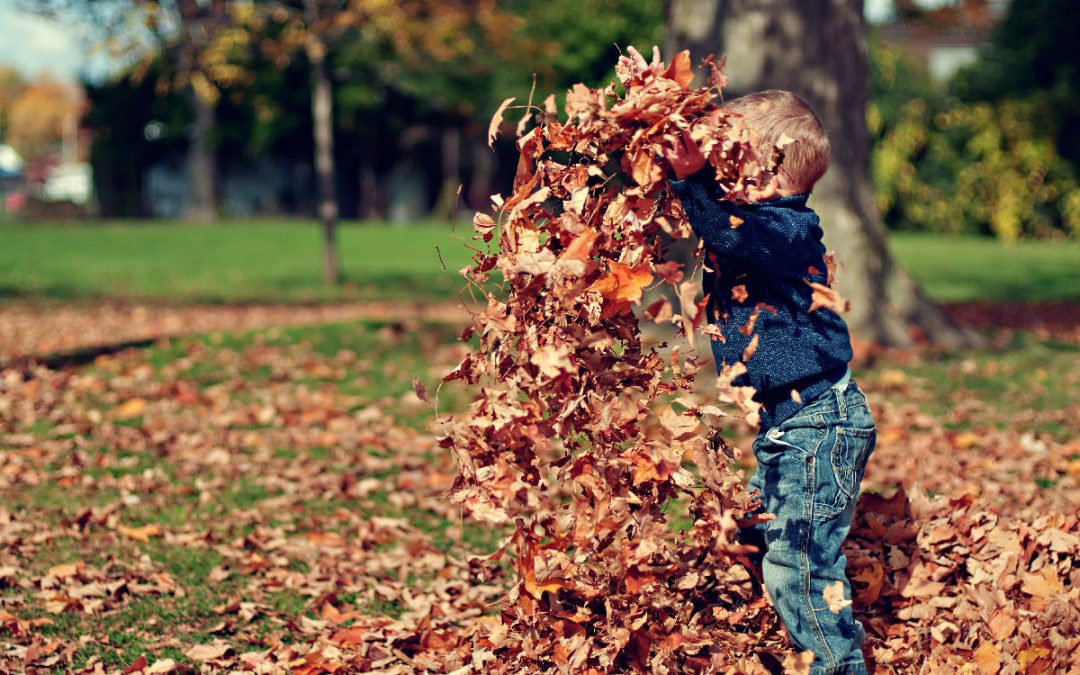Parents often ask us ‘How do I teach my child to make good decisions?’ Well, it starts with helping your child learn how to make choices and live with the consequences of those choices.
As parents, it is one of our most important jobs to prepare our children to function in the real world — a world where every choice — good or bad — comes with consequences. Ensuring that your child understands this from an early age, leads to the development of responsibility, accountability, and maturity.
Parents typically make two types of mistakes when it comes to offering choices. Some Constantly tell their children what to do and how to be, which denies them the opportunity to learn how to think for themselves, and often results in power struggles and rebellion. Others provide insufficient guidance, allowing their children to make too many decisions without the skills and support necessary to succeed.
All children have a natural need to have control over their world and actions. This is the desire to explore, interact with the environment, and learn new abilities. They want to feel that they are having an impact on their world. So why not give them control in a constructive way? Sharing in the decision-making process helps children feel empowered and shows respect for their abilities and talents. Focus on your child’s positive strengths by allowing him or her to make age-appropriate choices. This will foster cooperation and build good self-esteem.
Consequences, not punishment
When your child makes a bad choice, you must give a consequence for their actions. But that doesn’t mean you should punish them. There is a big difference. The goal of a consequence is to teach a lesson. It should encourage self-examination, acceptance of responsibility, and learning from mistakes. It also should help your child develop a confident inner voice that will allow him to make better decisions in the future.
Being punitive, on the other hand, backfires. Punishment is harmful to your child’s sense of self, emotional development, and the parent-child relationship. Corporal punishment hurts children physically and emotionally. Psychological punishment, such as yelling, threatening, and criticizing, is emotionally damaging.
Why do parents punish?
- It’s a way to they can vent their anger and frustration.
- It’s what they experienced in their own childhood.
- They don’t know any better parenting strategies.
- They want to exert control over their child.
- They need the child’s behavior to change immediately and fear can cause a child to respond quickly.
What are the unintended, negative results?
- Punishment leads to feelings of resentment that rarely turn into positive learning.
- It teaches your child that force, aggression, and intimidation are acceptable.
- You are not providing your child with a role model for healthy conflict-management or self-control.
- It doesn’t give your child the opportunity to develop an inner voice about making good versus bad choices.
- For children who were previously abused, it confirms negative core beliefs about not being loveable and deserving of punishment.
- You resort to reactive parenting. When you are angry and punitive, you are no longer in charge. Your child is determining the negative emotional tone.
- Finally, punishment maintains emotional distance, preventing the trust and closeness necessary for secure attachment.


